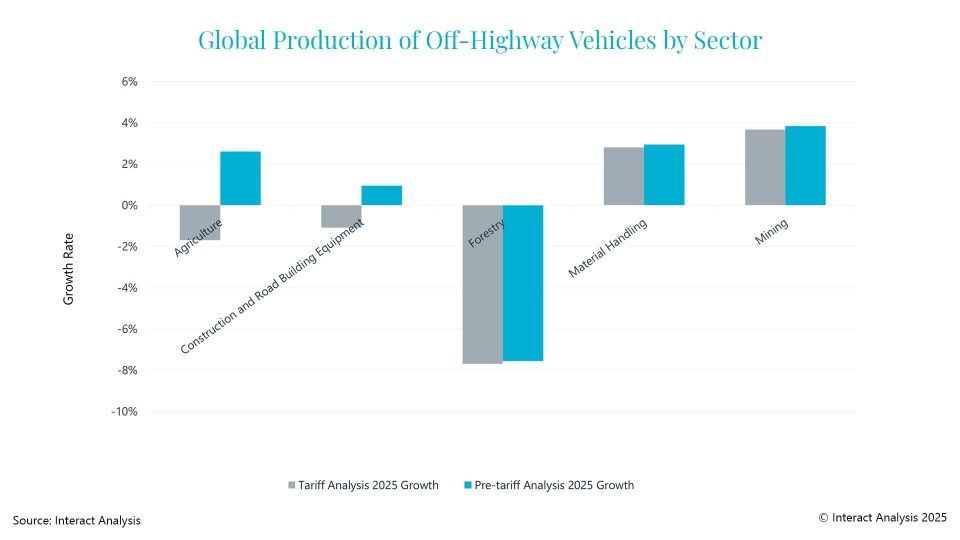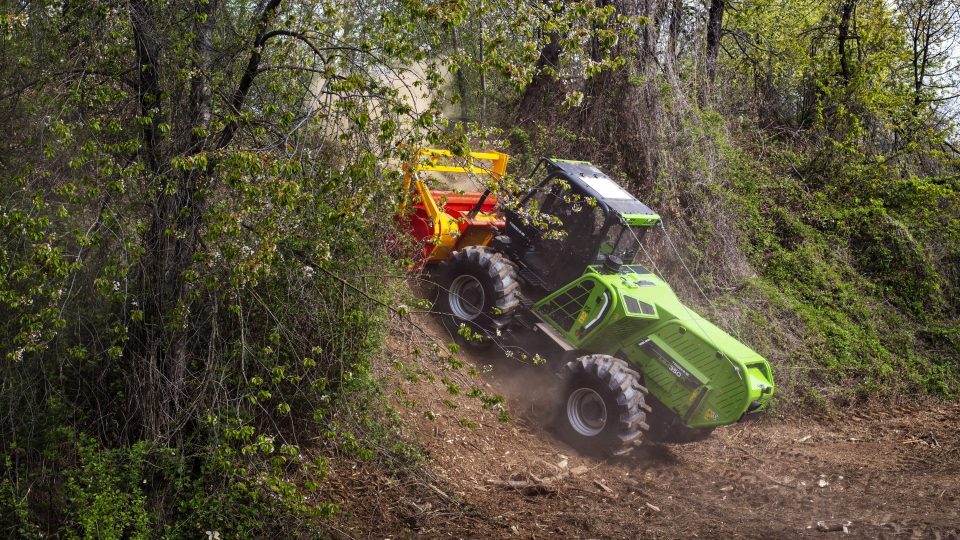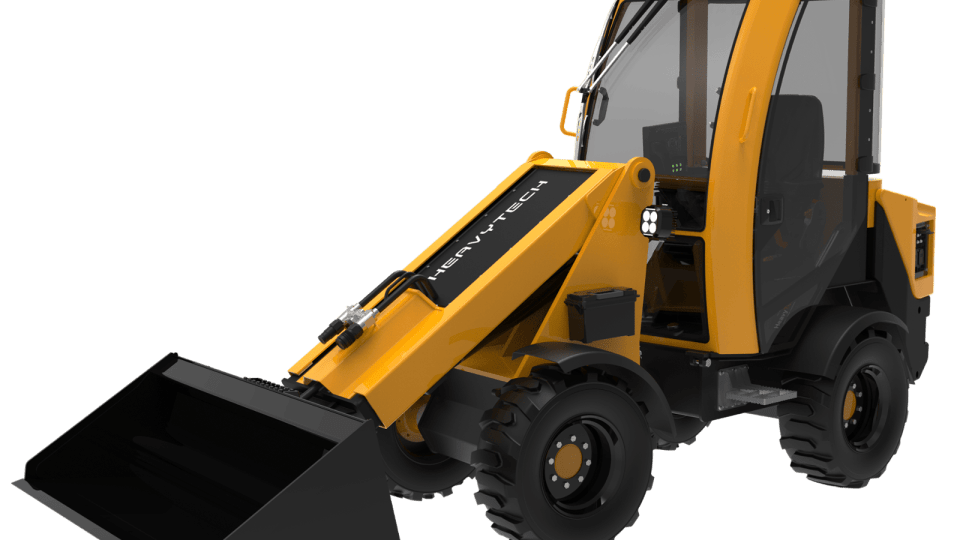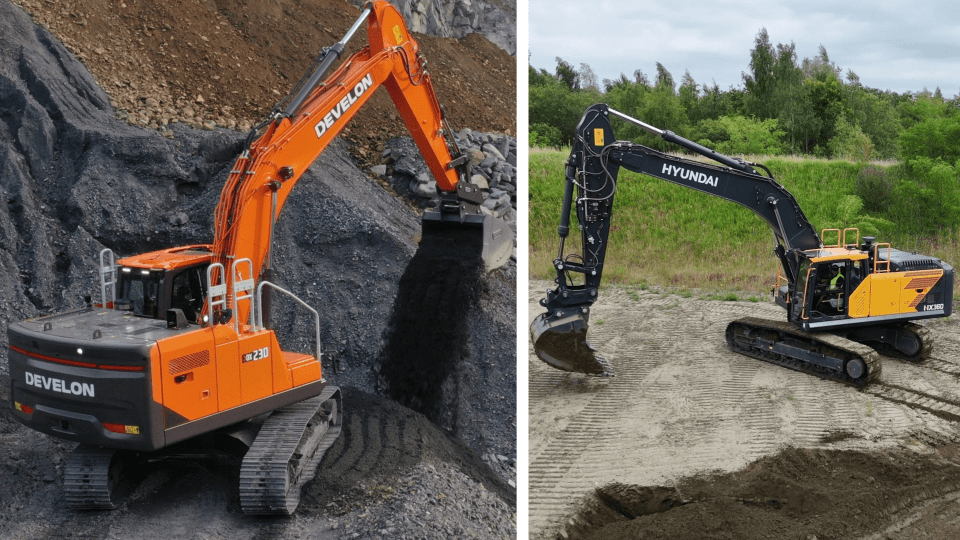Kubota at LAMMA 2024 in Birmingham
Innovative Kubota engine models will be on display at the LAMMA farm machinery show held at the NEC, Birmingham on January 17 and 18, 2024: the 3.8L hydrogen model and the V5009 unit.
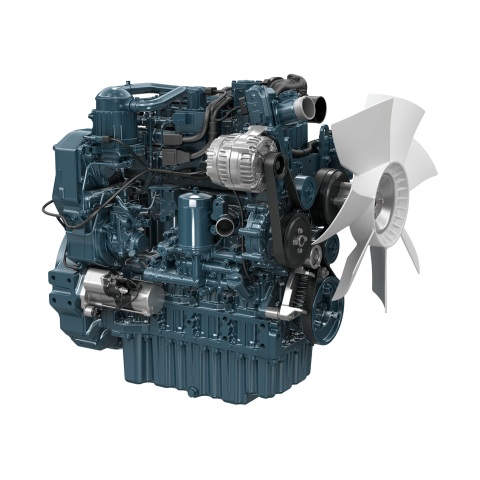
Innovative Kubota engine models, offering technological advancements and providing a host of advantages to the agricultural sector, will be on display at the LAMMA farm machinery show held at the NEC, Birmingham on January 17 and 18, 2024.
Two of the company’s latest, cutting-edge engines, the 3.8L hydrogen model and the V5009 unit, will be a major attraction for visitors at the show and are on display on the Kubota UK Ltd stand. Both engines have already attracted significant global interest and are particularly suitable for various agricultural applications.
The V5009 is aligned to satisfy the diverse needs of the farming industry and is suitable for forestry and agricultural applications and uses such as crop sprayers. It is also suited for the construction and industrial machinery sectors and also for mobile gen set applications. The V5009 is a highly attractive option for customers who would usually require a larger six or seven litre engine to meet their higher power needs but can achieve this with the compact, smaller Kubota unit. A key feature for operators is that the V5009 supplies much greater power outputs for machinery without the need for extra space for installation. With a rated power of 157.3 kW at 2200 rpm the four-cylinder, 5.018 litre V5009, which meets EU Stage V and EPA/CARB Tier 4 emissions compliance, was Kubota’s first diesel engine to deliver more than 200 horsepower. All Kubota engines, including the V5009, can use paraffin-based fuels complying with European standard EN 15940.
Certain to be one of the most- high profile engines at LAMMA is the four-cylinder 3.8L, H2 hydrogen model and which has a rated power of 85 kW at 2600 rpm. Such is the anticipation regarding the Kubota hydrogen engine’s appearance at LAMMA that respected industry news organisation, Farmers Guardian, includes it in its guide to the “Top Ten Products to see at LAMMA”.
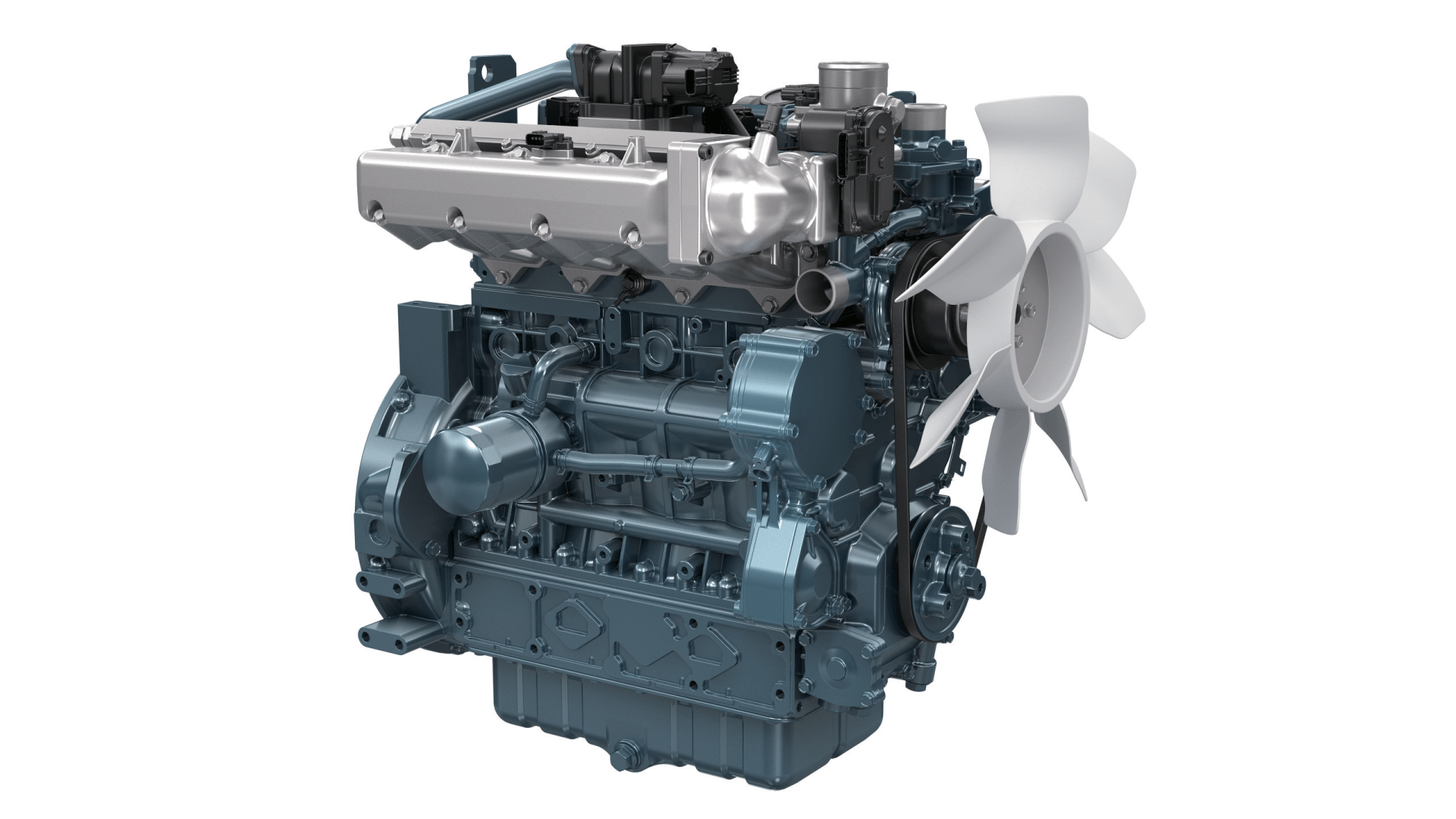
As part of Kubota’s long-standing mission to make engines compatible with new fuels and to work to achieve carbon neutrality the company is constantly researching the application of alternative, decarbonised fuels such as hydrogen, bio and synthetic fuels.
The H2 hydrogen engine is based on the spark-ignited type WG3800 engine and eliminates carbon dioxide emissions by only using hydrogen as a fuel. The Kubota hydrogen engine is expected to be an attractive choice within the agricultural sector and is already attracting major industry attention and awareness. One of the largest mobile generator manufacturers in the world and Kubota have already agreed on the development of a dedicated hydrogen generator equipped with a Kubota hydrogen engine.
Daniel Grant, Manager, Marketing, Marketing Intelligence for Kubota Business Unit Engines Europe, said Kubota offers support, technological back-up and leading engine products to support every part of the agricultural sector.
He added: “As a company Kubota is committed to creating a more prosperous future for people around the world by developing agricultural machinery powered by engines which match day to day demands and requirements. The engines on show at LAMMA underpin our determination to provide innovative solutions for the farming sector and demonstrates our commitment to the wider environment through the use carbon alternative fuels. The V5009 and H2 hydrogen engines are a great addition to the established, tried and trusted Kubota engine portfolio and LAMMA will provide an excellent opportunity for the agricultural community to discover the huge range of benefits Kubota can offer.”






